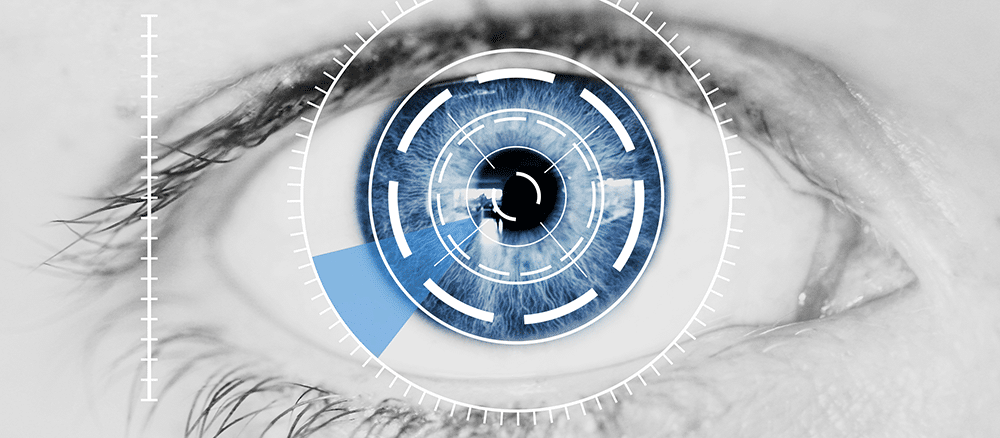
The Pakistan Telecommunication Authority (PTA) has clarified that there are no immediate plans to initiate SIM registration using the iris biometric system. The authority confirmed that there is no such proposal currently under consideration, as the National Database and Registration Authority (NADRA) has not approached them regarding this matter.
PTA officials explained that before implementing the iris biometric system for mobile SIM registration, NADRA must first gather users’ iris data. This data will be used for matching during SIM registration and verification processes. However, considering Pakistan’s vast population of approximately 250 million, NADRA would require a substantial number of machines across the country to establish an effective eye biometric authentication system, which could take time.
The decision to launch the iris biometric system for SIM registration ultimately rests with NADRA. As of now, PTA has not entered into any agreement with NADRA concerning this system. Instead, PTA, in collaboration with NADRA, has already initiated the issuance of SIMs through the Multi-Finger Biometric Verification System (MBVS) in December 2022. An agreement between NADRA and mobile phone operators was also signed to enhance SIM registration security with the MBVS system, which has proven effective in curbing the issuance of fake SIMs and deterring fraudulent activities.
Regarding the iris biometric system, PTA officials conveyed that they have no objections to its implementation, as it can further bolster security measures and prevent forgery. Discussions between the two institutions, PTA and NADRA, will be conducted to explore the possibility of introducing SIM registration through the new biometric system. Additionally, mobile phone operators will be consulted to ensure their involvement and cooperation in this potential venture.
If a consensus is reached regarding the implementation of the iris biometric system, an agreement will be signed among PTA, NADRA, and mobile phone operators. However, it is too early to predict any outcomes before going through the entire process.
NADRA, on its part, has recently introduced a new biometric authentication system called “Iris,” which relies on eye scanning for identification. According to NADRA, the possibility of recognition errors through the eyes is minimal, as the iris remains unchanged throughout an individual’s life. Moreover, a scan conducted during early age can serve as permanent identification, adding to the system’s reliability and longevity.